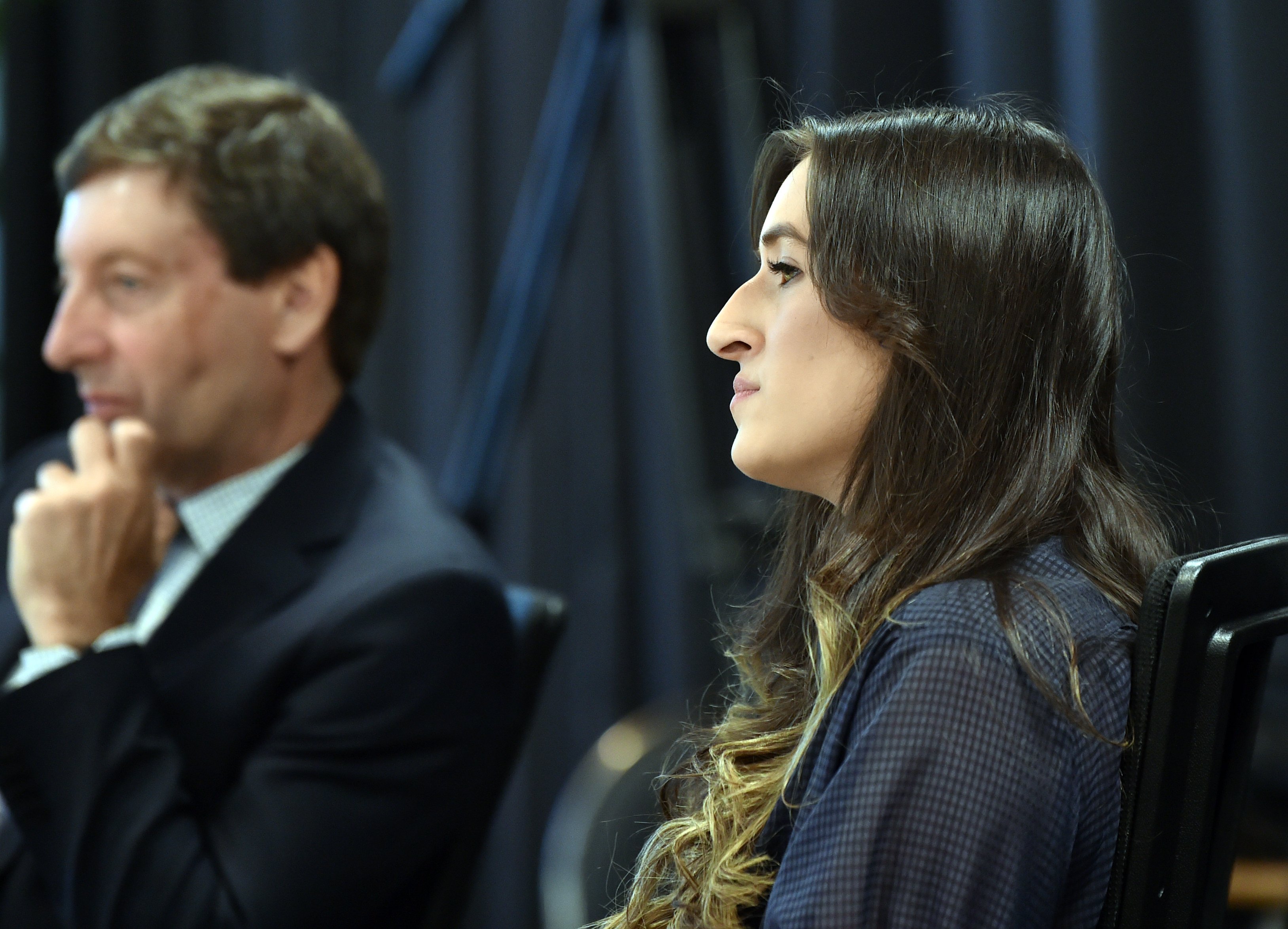
The allegations were heard by Dunedin’s district licensing committee at their hearing yesterday for DropKicks — a proposed entertainment venue upstairs in the city’s former Captain Cook Hotel.
Mili Oxley Lobo, of Loboski Venues Ltd, is applying for an on-licence at the premises.
In its brief of evidence for the hearing, Students for Sensible Drug Policy (SSDP) Otepoti alleged its members had been "vilified, stalked and attacked" after opposing the licence.
Public comments about the group had led to a situation where its president and others "were subject to a face-to-face personal attack and assault," the group alleged.
"To be honest, he has not recovered from that and has left town and is in no space to give evidence here."
At the hearing, counsel for SSDP Dr Liz Gordon said there had been "significant reactions on social media ... which were quite denigrating of the objectors" which she alleged possibly contributed to the alleged assault.
"They found themselves vilified by people in person, in the media and, in particular, on social media."
Committee chairman Colin Weatherall said the references to hearsay and social media were a challenge for the committee to consider.
The committee must deal with the facts in front of it and was not privy to social media followings, he said.
Committee member Katie Lane said there had been serious allegations made in the proceedings and advised caution.
"Unless there is very clear and direct evidence ... I would tread very carefully."
Bede Crestani — the father of University of Otago student Sophia Crestani who died at a Dunedin flat party in 2019 — appeared at the hearing via audiovisual link.
Mr Crestani said live-music venues were a part of the solution to off-licence drinking and the excessive use of alcohol.
Young people believed they would be safe at events organised by official bodies, he said.
"But it’s not always true, it’s not always correct.
"Some situations get out of control."
His primary concern was the venue’s safety. A rigorous understanding of potential problems was important.
They had learned during Miss Crestani’s inquest what happened with high-density crowds when things got out of control, particularly on stairs, which was relevant to the former Captain Cook Hotel building.
Mr Crestani said it was unclear if the applicant understood the issues with the building and how patrons would have to be managed through the stairs in the event of an emergency or when there were big crowds.
There needed to be more thinking around how the venue would operate under light, medium, heavy or "even extreme loads" at both the entrance and exit.
Proper management plans, security and a competent management team monitoring the alcohol levels of patrons were "critical".
"There definitely needs to be a lot more thinking into the plan that was put forward.
"I don’t see the level of depth that’s required, but if that was thought through, and was really integrated, then ... it’s better to have an on-licence than off-licence, no doubt."
The committee adjourned the hearing.












